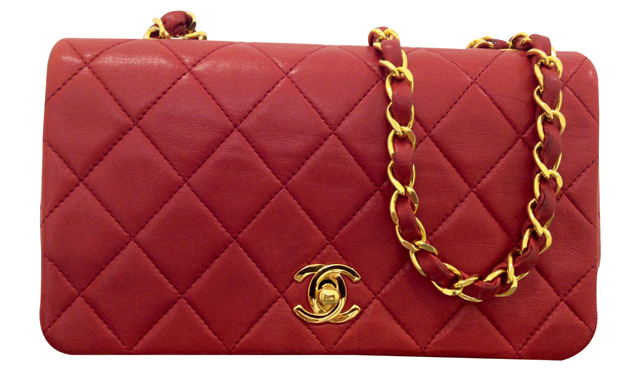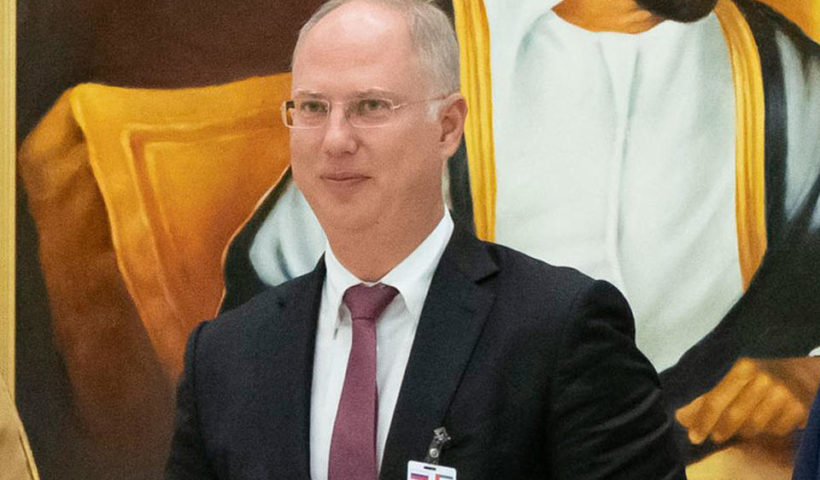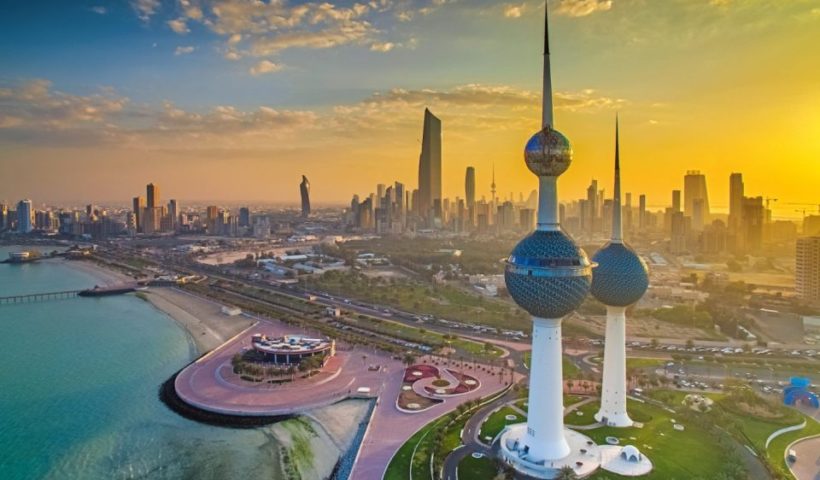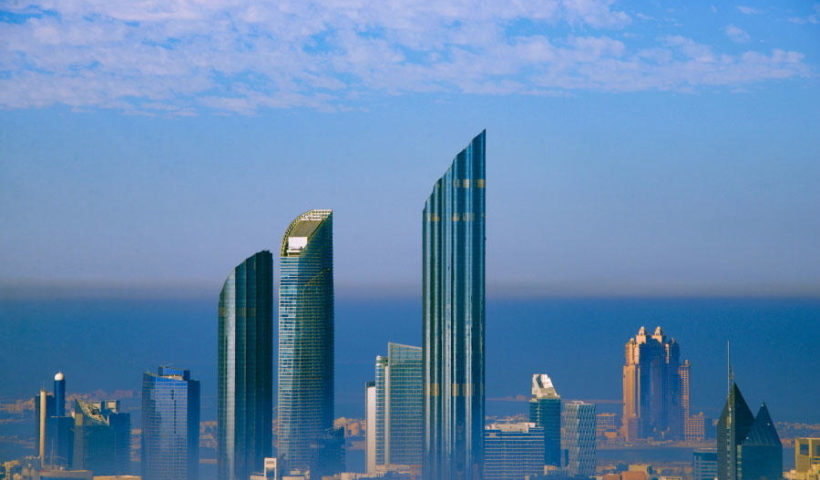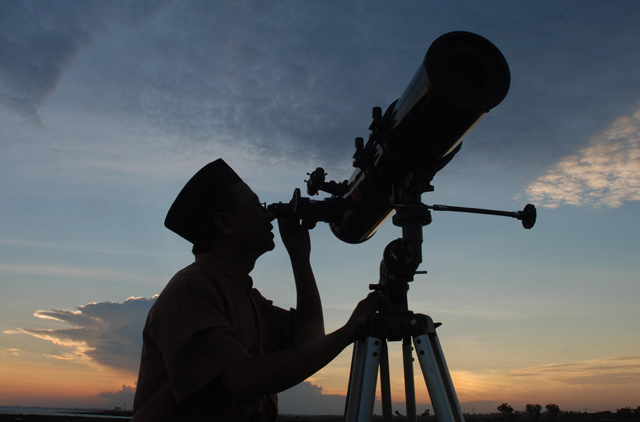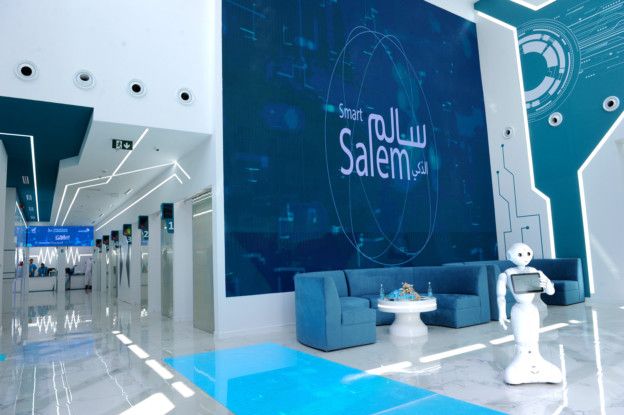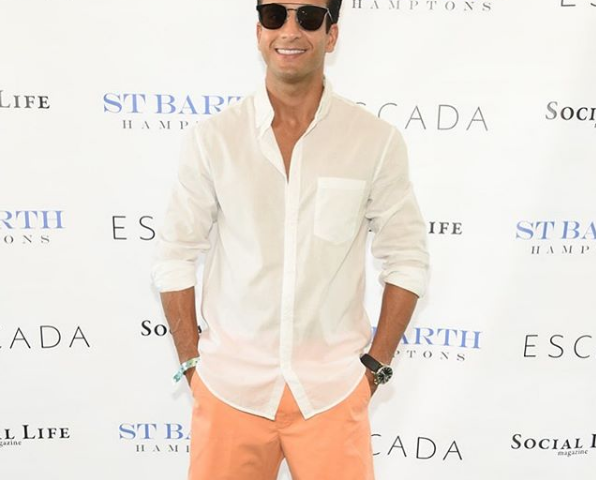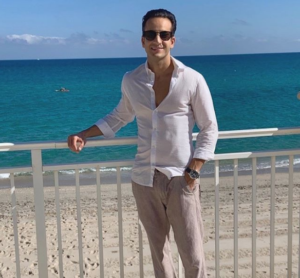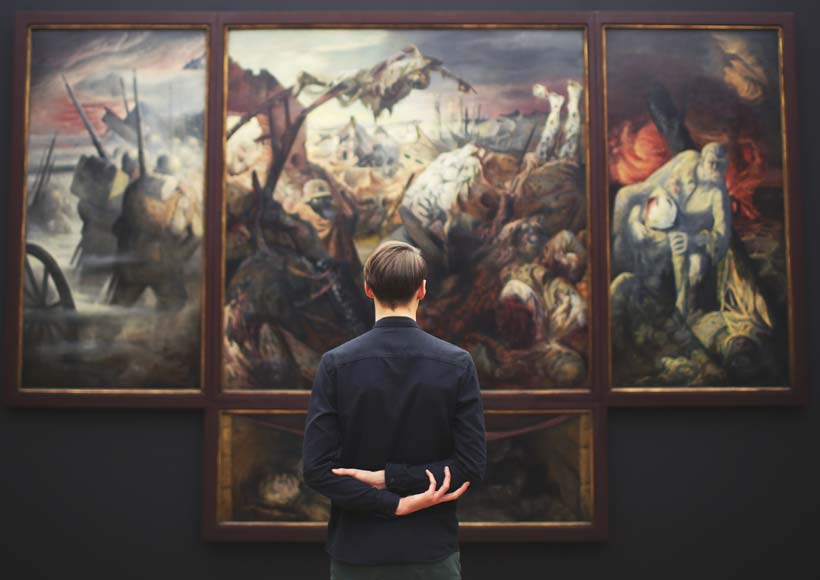1 Central Souq, Sharjah
Known as the Blue Souq thanks to the gorgeous tiled exterior, which adorns the Dhs5 note, it makes a convincing case for a road trip to Sharjah. Hundreds of shops in two double-story halls sell a myriad of items from gold, jewels, carpets, furniture, clothing and collectables from across the Arab world. Hop in the car – it’s time for an adventure to another emirate.
Open Sat-Thu, 10am-10pm; Fri, 5-10.30pm. Central Souq, King Faisal Street, Sharjah (06 556 6777).
2 Dubai Gold Souk, Dubai
A key feature of tourist itineraries for decades, the streets paved, or at the very least lined, with gold in Deira are dazzling. Whether you are in the market for a special ring or just to give your Instagram a filter-free boost, the open-air street is packed with store-after-store selling nothing but gold. The shop windows are well worth peering into, with some having huge displays that you’ll want to take some snaps of before you leave, too.
Open daily Sat-Thu 10am-10pm; Fri 4pm-10pm. Sikkat al-Khail Street, Deira.
3 Hamdan Street, Abu Dhabi
Abu Dhabians of a grumpier persuasion may tell you that this central Abu Dhabi thoroughfare is hectic, busy and a traffic nightmare. Don’t listen. It is a place of streetlife and constant fascination. Shops of all shapes and sizes line the streets and you can even walk in to archaic shopping centres if all that outdoor energy is getting too much for you.
Daily, 24hrs. Hamdan Street, Abu Dhabi.
4 Mina Markets, Abu Dhabi
We’re at a loss to explain quite why buying fruit, vegetables and fish from a market qualifies as a tourist activity. It just is, OK? In Abu Dhabi’s old port district you will find a collection of markets selling fresh produce. Keep an eye out for some of the city’s finest chef’s stocking up on seafood items for their kitchens while you’re there.
Daily. 8-2am. Mina Markets, Al Mina, Abu Dhabi.


